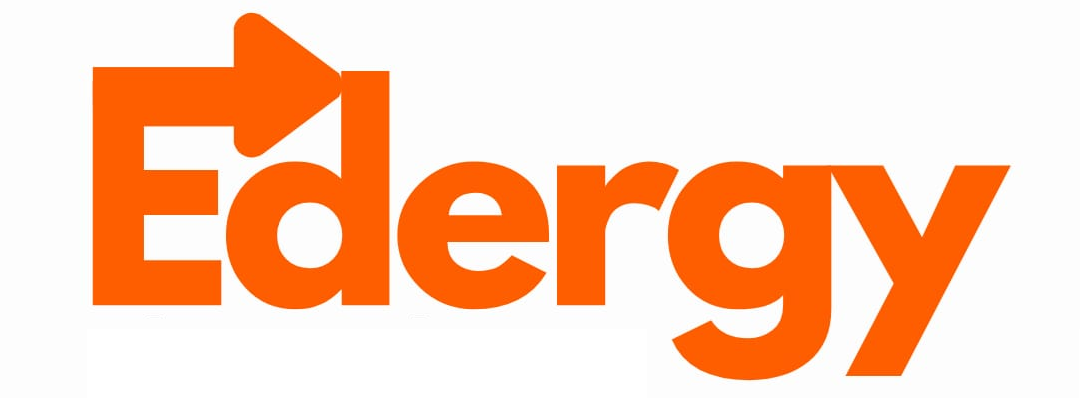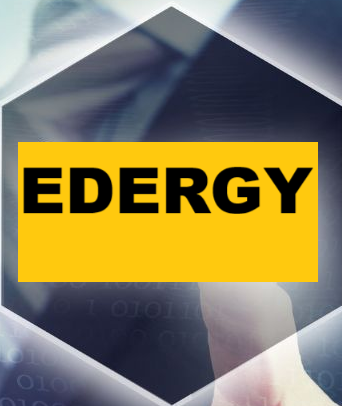





Edergy An AI generalist research role in education involves leveraging a broad understanding of AI technologies to address diverse challenges and opportunities within the field. Unlike a specialist who focuses on a single AI domain, a generalist applies knowledge across multiple areas, such as machine learning, natural language processing (NLP), and data analytics, to develop comprehensive, practical solutions.
This type of researcher functions as a "translator," bridging the gap between advanced technical capabilities and the specific pedagogical, administrative, and ethical needs of educational institutions.
Core research areas for an AI generalist in education
Personalized and adaptive learning: Research on how AI can tailor educational content and pace to individual student needs, learning styles, and emotional states. A generalist would explore the use of multiple technologies, such as intelligent tutoring systems and generative AI, to create holistic adaptive learning platforms.


Administrative automation:
Investigating AI solutions to automate routine administrative tasks for educators and school management. This includes automated grading, scheduling, resource planning, and processing applications.
Learning analytics and prediction:
Using data science to analyze student performance and behavioral data to identify trends, predict outcomes like student dropout rates, and provide actionable insights for educators and administrators.
Generative AI for content creation: Exploring how large language models (LLMs) and other generative AI tools can assist in creating educational content, including lesson plans, quizzes, video scripts, and simulations, to improve teaching efficiency.
Ethical AI and bias mitigation:
Addressing critical issues surrounding data privacy, algorithmic bias, and the ethical use of AI in educational settings. This includes developing frameworks to ensure AI systems are transparent, fair, and secure.
Multimodal AI and emerging products: Researching the integration of emerging technologies like multimodal AI (which processes visual and auditory data), virtual and augmented reality (VR/AR), and educational robots to create immersive and interactive learning experiences.
Key skills for an AI generalist researcher
To succeed in this interdisciplinary role, an AI generalist researcher in education needs a versatile mix of technical, research, and soft skills.
Technical skills:
Broad AI knowledge: A solid foundation in machine learning, deep learning, NLP, computer vision, and data science is essential.
Programming: Proficiency in languages like Python and experience with AI/ML frameworks such as TensorFlow or PyTorch.
Data expertise: Strong skills in data processing, modeling, and management, including understanding various data types and non-traditional databases.
Research skills:
Research methodology: The ability to design and execute rigorous experiments, validate findings, and structure academic research projects.
Critical evaluation: A critical eye for assessing existing AI studies and identifying opportunities for new approaches, particularly within a pedagogical context.
Experimentation: The capacity to rapidly test, iterate, and adapt AI models or architectures across various educational tasks.

Based on recent news and research, here are some key areas of education research in focus:
Technology in education, especially AI: There's significant interest in how AI can be leveraged for personalized and adaptive learning experiences, automate administrative tasks, and enhance assessments. Researchers are exploring AI chatbots as personalized tutors and tools for generating lesson plans, visuals, and quizzes. However, concerns exist about potential overreliance on AI, the "digital divide" impacting access, and risks to critical thinking skills. Studies have also highlighted the need for ethical integration and effective teacher training to ensure technology's benefits are maximized.
Student well-being and mental health: Addressing student mental health and stress is gaining increasing attention, particularly in the wake of the pandemic.
Read more at:
Innovative pedagogical approaches:
Research is exploring new teaching methodologies like blended learning, flipped classrooms, project-based learning, inquiry-based learning, gamification, and microlearning. These approaches aim to make learning more interactive, engaging, and relevant, moving beyond traditional methods.
Assessing learning and soft skills:
The effectiveness of traditional assessment methods is being questioned, with a shift towards evaluating critical thinking and soft skills. Research highlights the importance of incorporating soft skills like teamwork, communication, and problem-solving into curricula.
Accessibility and equity:
Efforts are underway to bridge the "digital divide" and ensure equitable access to technology and quality education for all students, particularly those in underserved communities.
Read more at:
Policy and funding:
Research and discussions continue regarding the implementation and effectiveness of new education policies like India's NEP 2020, focusing on curriculum and pedagogical reforms, teacher training, and funding allocation.
Overall, the field of education research is actively exploring how to leverage technology effectively, implement innovative teaching practices, and create a more inclusive and supportive learning environment for all students.
Read more at: